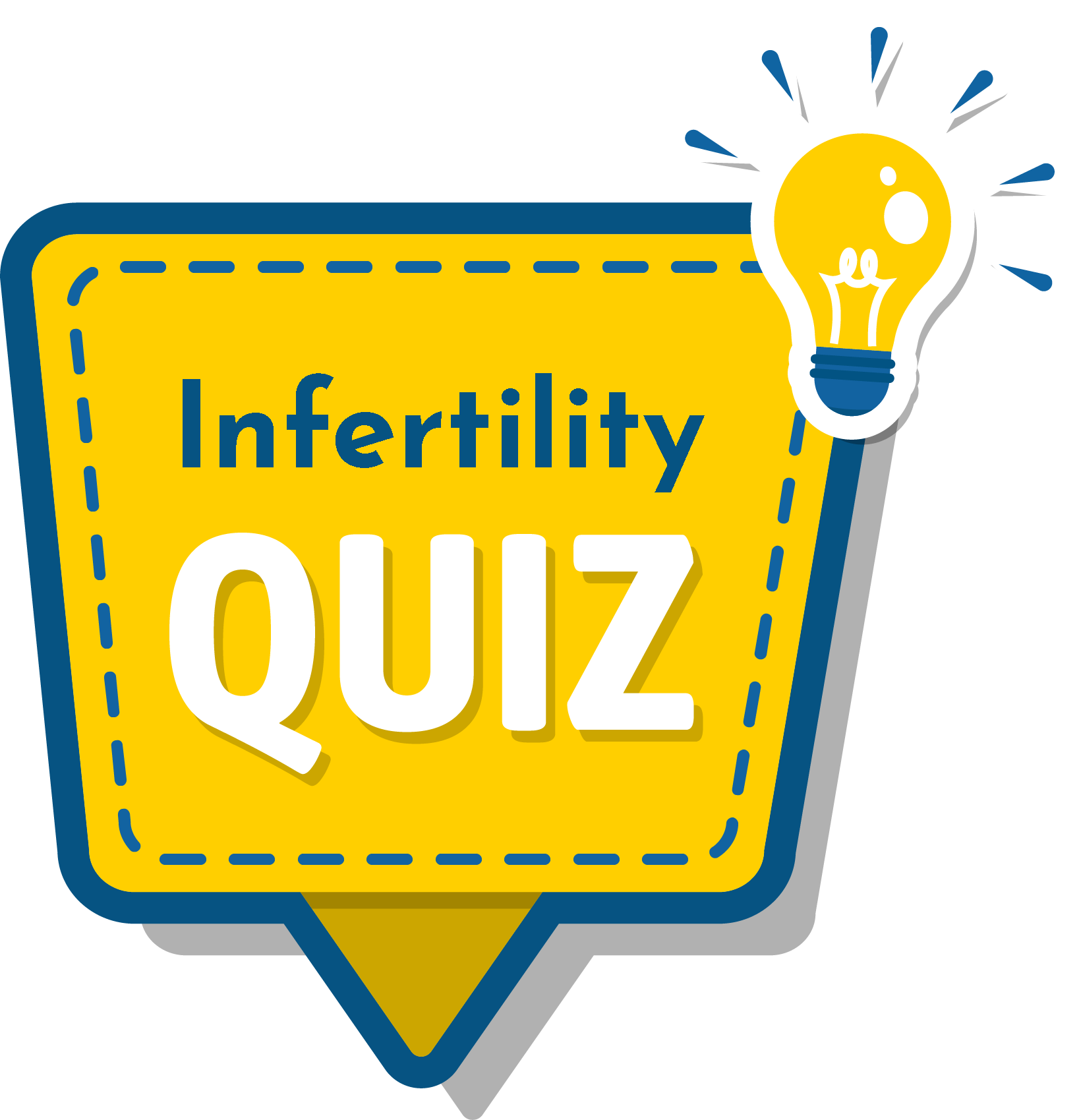Should I See a Fertility Specialist?
Approximately 85% of couples achieve a pregnancy within one year of regular unprotected intercourse. This means about 12-15% of couples seek some form of fertility treatment at some point during their lifetime.
If you fall into any of these categories, call JCRM for an evaluation.
Women
- Who have been trying to conceive for 1 year without success
- Over the age of 35 who have been trying to conceive for 6 months without success
- Who have irregular periods or an absence of periods
- Who have other known problems that may affect fertility; ovulation problems, fibroids, endometriosis, blocked fallopian tubes, history of pelvic or abdominal surgeries or sexually transmitted infections
- Who have successfully become pregnant in the past, but are now unable to achieve a pregnancy
- Who have had two or more miscarriages
- Who desire to electively preserve their fertility
- Who know they will be having chemotherapy, radiation, an/or pelvic surgery due to a cancer diagnosis and want to preserve their fertility for the future
Men
- With an abnormal semen analysis
- With low testosterone; varicocele, a blockage, or absence of the duct that transports sperm from the duct, and/or difficulty with ejaculation
- Who have undergone a vasectomy
- Who know they will be having chemotherapy, radiation, and/or pelvic surgery due to a cancer diagnosis and want to preserve their fertility for the future
- A history of any testosterone or steroid use
We understand how a diagnosis of subfertility is extremely anxiety provoking and stressful. At JCRM, we have extensive experience, not only with diagnosing and the surgical/medical management of subfertility, but also in managing the stress that this diagnosis may bring. We take a comprehensive approach that provides a couple with all possible treatment options. You have a choice and it should be a well-informed and knowledgeable one, made only after understanding the underlying diagnosis and individualized fertility paths that are available to you.
When do we evaluate?
What does an evaluation entail?
Any fertility specialist should investigate four primary areas that impact fertility. Click below to learn more.
How long will the process take?
JCRM focuses on a couple-oriented fertility diagnostic evaluation. It only takes one menstrual cycle for us to figure out all of the underlying problems. We perform each test at a particular point in the cycle. After a short time (typically a few weeks), we have all of the information we need. Afterwards, a doctor will sit down and go over each test and what options are available to you. We will discuss success rates from continuing to try on your own through aggressive treatments, and also give our own recommendations. Most of our patients achieve a healthy pregnancy through less aggressive means.
What Our Patients are Saying
Know how we have changed many lives through the years of service.






